TORCIA OLIMPICA - Le Olimpiadi d'Italia
Menu principale:
TORCIA OLIMPICA
Il concetto stilistico alla base del disegno della torcia Olimpica di Torino 2006 è una reinterpretazione moderna della fiaccola in legno in cui è il metallo a prendere letteralmente fuoco e a bruciare. La Fiamma Olimpica, quindi, avvolge il corpo della torcia piuttosto che uscirne dalla sommità, come accadeva nelle edizioni passate. Per sviluppare questo concetto è stata creata una forma dinamica e innovativa che può ricordare la punta di uno sci ma anche il monumento simbolo di Torino, la Mole Antonelliana. Pininfarina non solo ha curato lo stile e lo sviluppo ingegneristico della Torcia ma anche la produzione: ne sono stati realizzati 12 mila esemplari numerati per le Olimpiadi e 125 per la Paralimpiadi. La Fiamma Olimpica è passata di mano a oltre 11 mila tedofori, attraversando tutte le regioni e province italiane, lungo un percorso di 11 mila chilometri.
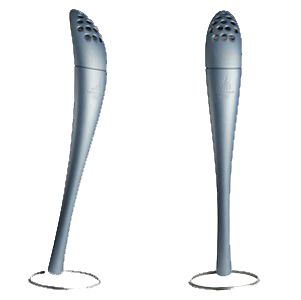
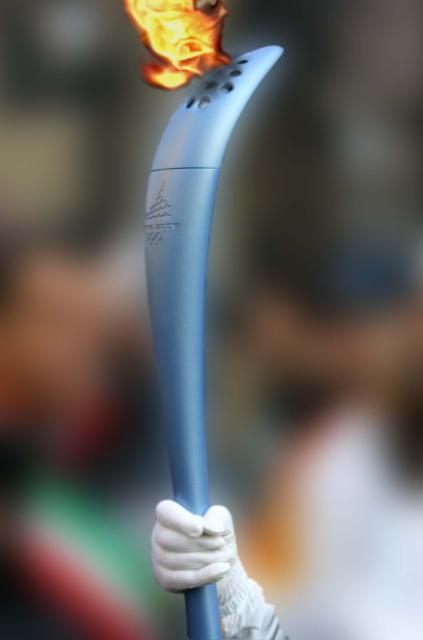
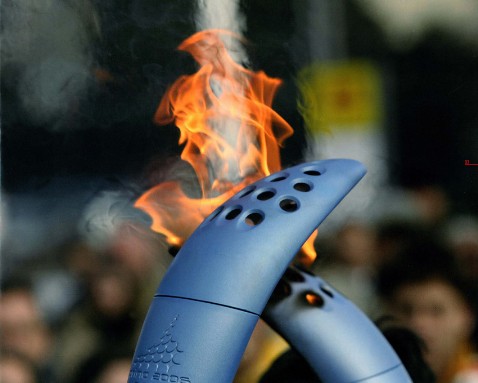
Questa Torcia è stata studiata per rispondere ad alcuni requisiti tecnici fondamentali: non si può riaccendere e non deve spegnersi neppure in condizioni climatiche avverse come pioggia, neve e vento fino a 120 km/h; deve resistere a temperature dai -20°C a +25°C e il fuoco che sprigiona deve avere un’altezza costante e controllata e un’autonomia di 15 minuti. Inoltre, la Torcia, che è alta 765 mm, ha un diametro di 108 mm e pesa 1,850 kg; deve funzionare sia al livello del mare che a 5.000 metri di quota. Infine, per consentirne la visibilità in TV in ore diurne e notturne, la fiamma generata dalla combustione è di colore giallo-arancione, mentre il fumo è atossico e inodore.
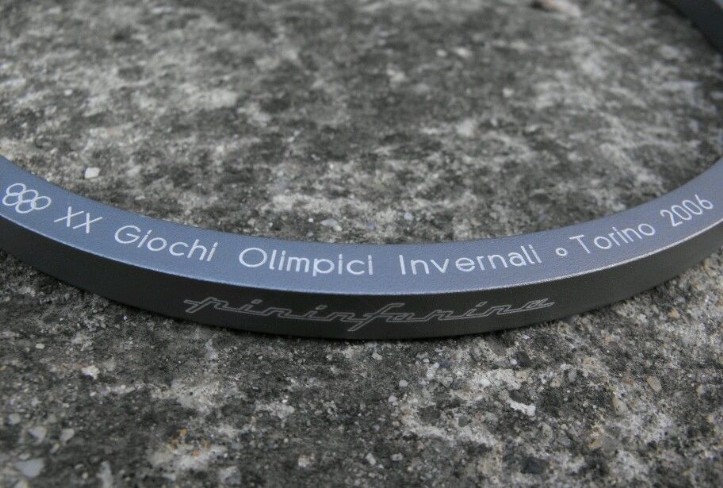
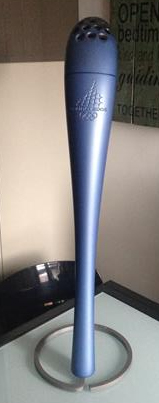
DESCRIZIONE
Lunghezza: 770 mm
Larghezza: 105 mm
Peso: 1,9 kg
Resistenza al vento: 120 km/h max
Autonomia minima: 15 min.
Temperatura d'impiego: -20°C // +25°C
Altitudine d'impiego: fino a 5000 m s.l.m.
Resistenza alle intemperie: è garantita la resistenza a rovesci e intemperie (pioggia e neve)
Guscio esterno: lega di alluminio fuso in conchiglia.
Componenti meccanici interni: acciaio resistente alle alte temperature e materiale composito per elementi termicamente isolanti.
Componenti del bruciatore, tubazione e sistema di fiamma: leghe di ottone e rame
Contenitore del gas compresso: bomboletta standard per spray in alluminio con attacco filettato.
Finitura superficiale: finitura superficiale testurizzata per migliorare il grip e verniciatura con resina polimerica resistente alla fiamma ed alle alte temperature.
Gas interno: miscela di idrocarburi (40% propilene, 60% butano)